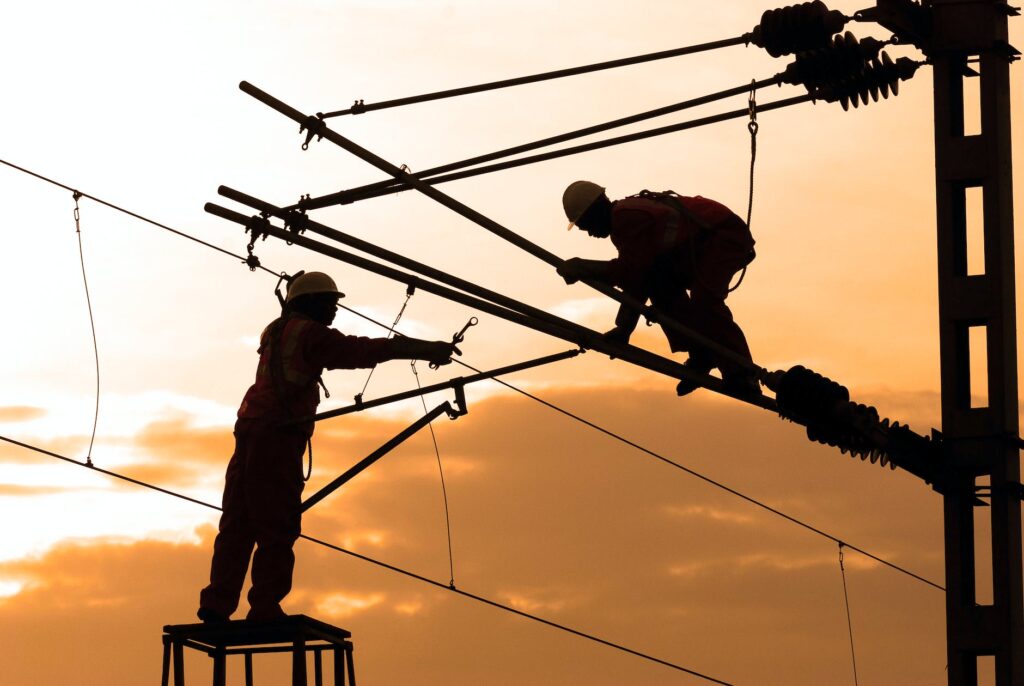Grid operator NGCP renews its call for a whole-of-industry approach, including better energy resource planning, following the January 2 power outage due to tripping of multiple power plants which isolated Panay island from the rest of the Visayas grid.
“The unscheduled maintenance shutdowns of the largest power plants in Panay island was the primary cause of the power interruption. We emphasize the need for improved planning to ensure sufficient generation per island, with a well-balanced mix of fuels and technology,” NGCP said.
In an earlier statement, NGCP reported that various power plants in Panay Island suffered multiple trippings on January 2, including PEDC Unit 1 and 2 (83 MegaWatts each), and PCPC (135MW), among others. With the tripping of 3 of the largest power generating units and the planned maintenance shutdown of PEDC Unit 3 (150MW), 451MW or 68.75% of the total 656MW in-island generation was lost to the Panay sub-grid.
Maintenance shutdowns and deration of plants outside the Department of Energy’s (DOE) approved Grid Operating and Maintenance Program also contributed to the lack of power supply. As of 930PM of January 2, only 4 out of 13 power plants are producing 40.3MW or 6.2% of the 83.5MW demand of Panay island. The grid needs about 300MW to stabilize the system.
“We will be restoring loads conservatively, by matching loads to restored generation, to prevent repeated voltage failure. NGCP is ready to transmit power once it is available. The people must understand that we can only transmit power, we do not generate power,” stated the company. NGCP notes that the factors outlined in its letter to the Iloilo City government dated 11 May 2023 still exist as contributing elements to the power outage on 02 January.
In its letter, NGCP underscores the need to conduct a more robust resource optimization planning by policy makers, to ensure that solutions to power system concerns are approached from all angles, and the most efficient ones prioritized.
Given the configuration of the Panay sub-grid and its dependency on variable energy sources in Negros when it loses internally generated power, NGCP also noted the need to provide sufficient non-variable sources to stabilize the system. The company also included its Cebu-Negros-Panay Stage 3 project (CNP3) as a contributing solution. NGCP strongly recommends the review of the Philippine Grid Code to cater to renewable energy sources, particularly the effective use of emerging technologies such as energy storage systems, among others.










